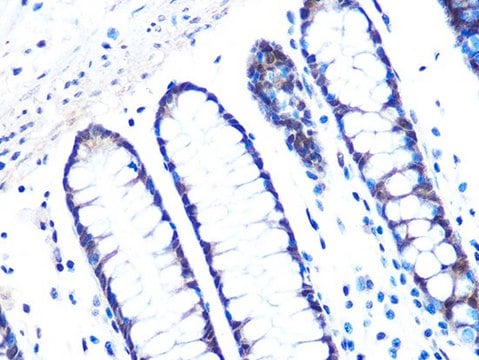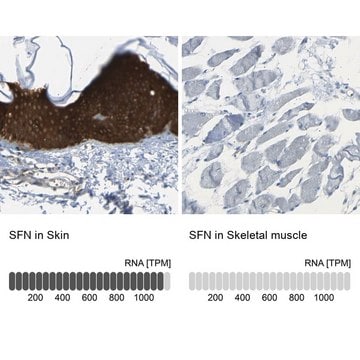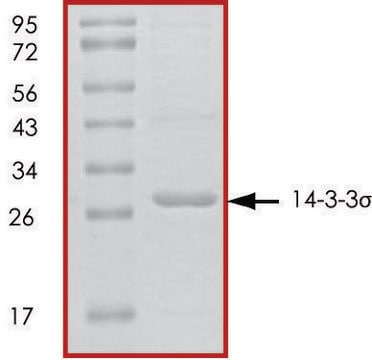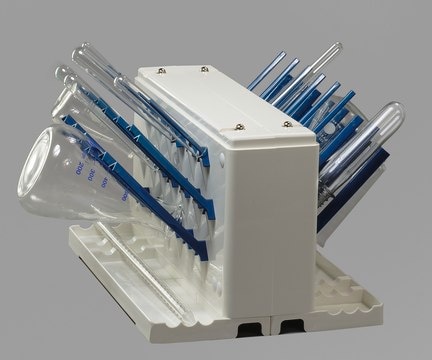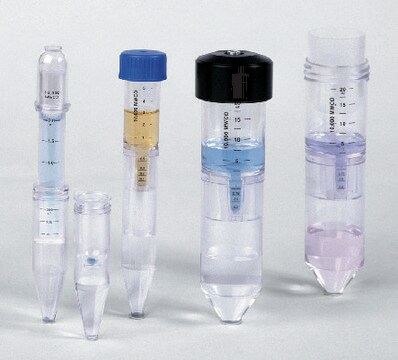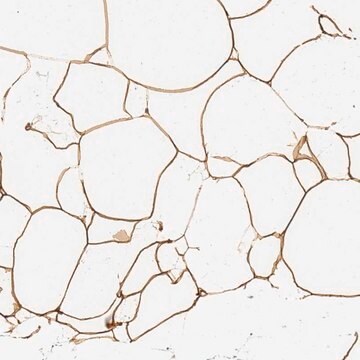PLA0201
Rabbit anti-14-3-3 Sigma Antibody, Affinity Purified
Powered by Bethyl Laboratories, Inc.
Synonyme(s) :
14-3-3 sigma, Stratifin, YWHAS, epithelial cell marker protein 1
About This Item
Produits recommandés
Source biologique
rabbit
Niveau de qualité
Forme d'anticorps
affinity purified immunoglobulin
Type de produit anticorps
primary antibodies
Qualité
Powered by Bethyl Laboratories, Inc.
Espèces réactives
human
Technique(s)
immunohistochemistry: 1:2,000-1:10,000
immunoprecipitation (IP): 2-5 μg/mg
western blot: 1:2,000- 1:10,000
Numéro d'accès
NP_006133.1
Conditions d'expédition
wet ice
Température de stockage
2-8°C
Modification post-traductionnelle de la cible
unmodified
Informations sur le gène
human ... SFN(2810)
Description générale
Immunogène
Application
Actions biochimiques/physiologiques
Forme physique
Autres remarques
Clause de non-responsabilité
Vous ne trouvez pas le bon produit ?
Essayez notre Outil de sélection de produits.
Code de la classe de stockage
12 - Non Combustible Liquids
Classe de danger pour l'eau (WGK)
nwg
Point d'éclair (°F)
Not applicable
Point d'éclair (°C)
Not applicable
Certificats d'analyse (COA)
Recherchez un Certificats d'analyse (COA) en saisissant le numéro de lot du produit. Les numéros de lot figurent sur l'étiquette du produit après les mots "Lot" ou "Batch".
Déjà en possession de ce produit ?
Retrouvez la documentation relative aux produits que vous avez récemment achetés dans la Bibliothèque de documents.
Notre équipe de scientifiques dispose d'une expérience dans tous les secteurs de la recherche, notamment en sciences de la vie, science des matériaux, synthèse chimique, chromatographie, analyse et dans de nombreux autres domaines..
Contacter notre Service technique